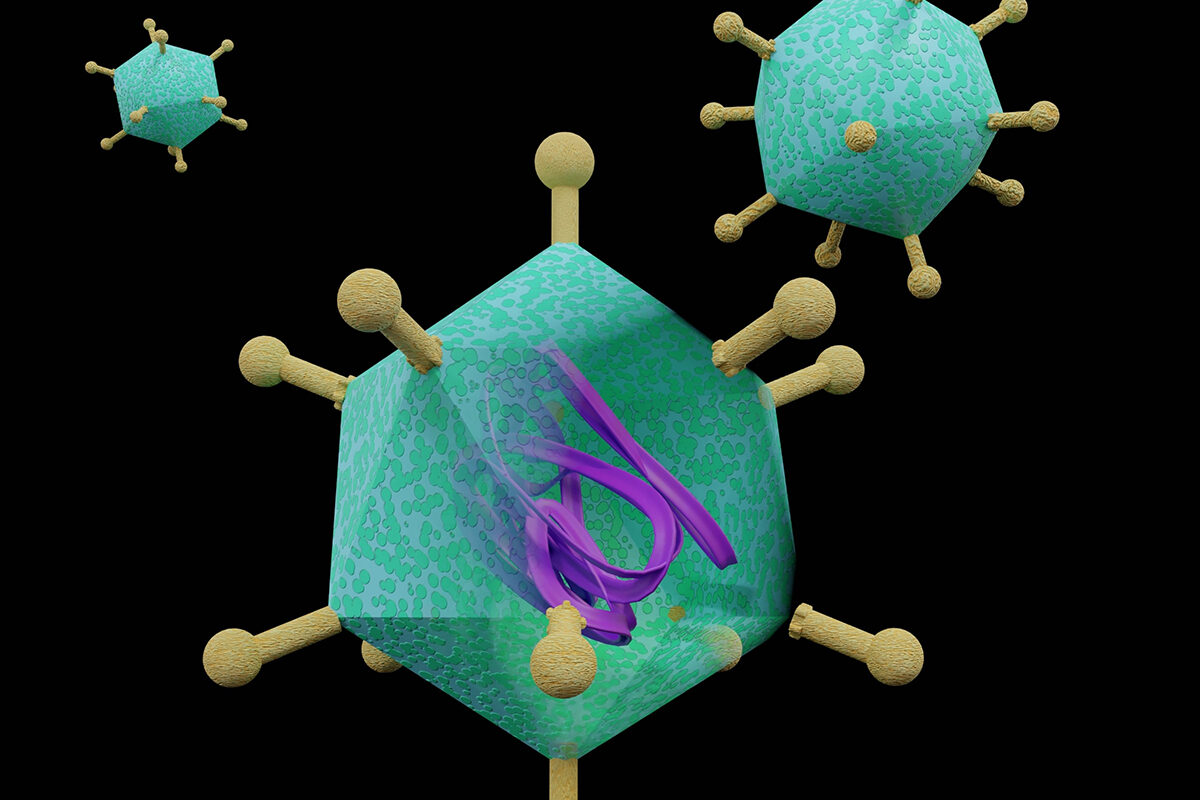Oncolytic virus therapy is an emerging and innovative form of cancer treatment that utilizes genetically engineered viruses to selectively target and kill cancer cells. Over the past few decades, significant advancements have been made in understanding how viruses can be harnessed and developed as anti-cancer agents.
What are Oncolytic Viruses?
Oncolytic viruses are naturally occurring or genetically modified viruses that have the unique ability to selectively replicate inside and ultimately lyse or destroy cancer cells while leaving normal cells unharmed. They work by infecting cancer cells and forcing them to produce new virus particles. This process ultimately leads to the destruction of the cancer cell through viral replication and release of new virus particles to infect nearby tumor cells.
Several viruses including herpes simplex virus, adenovirus, vaccinia virus and reovirus have demonstrated promising potential as oncolytic agents. Some key characteristics that make viruses suitable for oncolytic therapy include their ability to selectively infect dividing cancer cells, stimulate anti-tumor immune responses and transfer therapeutic genes to express proteins to directly kill tumor cells or sensitize them to other therapies.
Mechanism of Action
Oncolytic viruses employ multiple mechanisms of action to selectively target and eliminate cancer cells:
– Replication Selectivity: Viruses are engineered to preferentially replicate inside cancer cells versus normal cells by taking advantage of genetic differences between the two cell types. Common genetic alterations in cancer cells such as mutated tumor suppressor genes aid viral replication.
– Lysis of Cancer Cells: As viruses replicate inside cancer cells, they cause the cells to eventually lyse or rupture, leading to cancer cell death. Newly formed virus particles then go on to infect nearby tumor cells in a self-amplifying cascade.
– Stimulation of Immune Response: Viral oncolysis stimulates both innate and adaptive anti-tumor immune responses by releasing tumor antigens and promotion of inflammation at the tumor site. This helps recruit and activate immune cells to develop long-lasting anti-tumor immunity.
– Expression of Therapeutic Genes: Oncolytic viruses can be engineered to express therapeutic transgenes such as cytokines or suicide genes once inside cancer cells to further enhance their killing ability.
Clinical Development of Oncolytic Viruses
Several oncolytic viruses have advanced to clinical testing and some have received regulatory approval for use in cancer patients. Notable examples include:
– Talimogene Laherparepvec (T-VEC): A genetically modified herpes simplex virus was the first oncolytic virus approved by the FDA in 2015 for the treatment of melanoma. In clinical trials, T-VEC has demonstrated durable response rates when used alone or in combination with immune checkpoint inhibitors.
– Pexa-Vec: A modified vaccinia virus shows promise in glioblastoma, ovarian and liver cancers in ongoing phase 3 trials. It utilizes viral oncolysis and transgene expression of GM-CSF to stimulate anti-tumor immunity.
– Oncorine: An adenovirus was the first oncolytic virus approved in China in 2005 for head and neck cancers. It continues to be widely used in combination with chemotherapy in Asia.
– Reolysin: A naturally occurring reovirus is in late stage clinical testing for head & neck cancers, melanoma and pancreatic cancers. It preferentially infects cells with activated Ras pathways common in cancers.
Combination Therapies Amplify Effectiveness
Promising new research focuses on combining Oncolytic Virus Therapies with immune checkpoint inhibitors, radiation therapy, chemotherapy or targeted therapies to create synergistic anti-tumor effects. For instance, viral oncolysis releases tumor antigens to stimulate immune responses that can be further enhanced using PD-1/PD-L1 inhibitors. Similarly, radiotherapy damages tumor vasculature to improve viral delivery while certain chemotherapy drugs preferentially kill dividing cancer cells over normal cells to aid viral selectivity. Such combination approaches hold potential to significantly improve treatment outcomes for cancer patients.
Oncolytic virus therapy is now considered a major new class of investigational cancer treatment that utilizes natural gene delivery vehicles to selectively destroy cancer cells from within. With continued technical improvements and combination strategies integrating viral therapy with other modalities, oncolytic viruses may eventually find widespread clinical application against a variety of cancers. As clinical research progresses, we can hope this innovative approach brings newer and more effective treatment options to cancer patients worldwide.
*Note:
1. Source: Coherent Market Insights, Public sources, Desk research
2. We have leveraged AI tools to mine information and compile it



